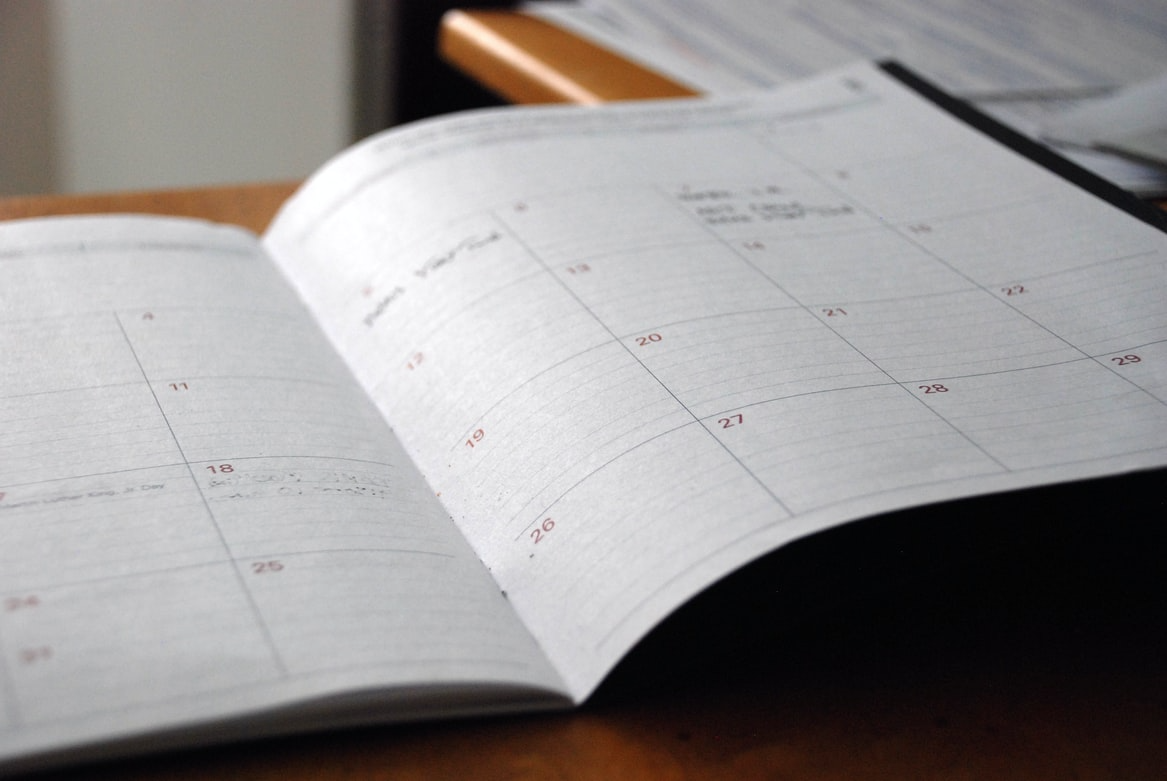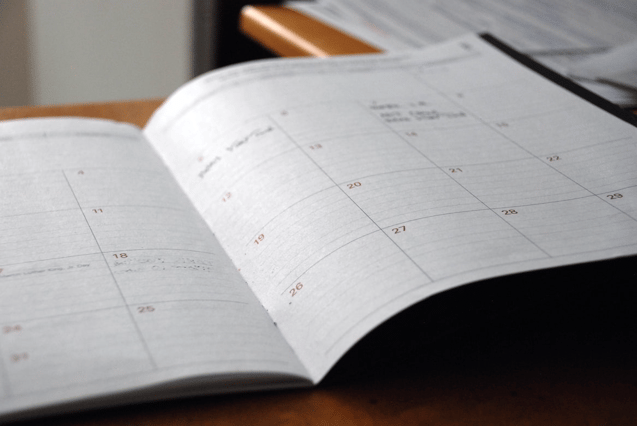

In my last time management post, I described time passing regardless of someone’s awareness of it and I concluded with this thought, “Becoming aware of time passing is the first step towards managing time.” So, attaining a grasp on noticing the passage of time is the first part of the two components for successful time management.
The second part is to know how long activities or tasks take. Do you know how long it really takes you to take a shower? What about getting ready for a night out? This brings up another issue, that of completing an entire task. Showering is not just measured by the time in which you are under the streaming water. Showering involves getting undressed, finding a towel, allowing the water to heat up, drying off, and hanging up the wet towel. While you might be under the water for 5 minutes, the other parts can take another 10 minutes. Suddenly, your 5-minute shower is now 15 minutes. And getting ready for a night out? Well, you get the picture.
When trying to fit all your pieces into each day of your 24-hour puzzle, one must know with decent certainty how much time to set aside for any given task or activity. In the shower example, if you schedule 5 minutes for your shower, you will already be 10 minutes behind once you’ve actually finished. In addition, even if you did allocate 15 minutes for the shower, do you know when 5 minutes has passed? Being aware of time passing is the key to staying on track with your schedule. Now you can see how both components are necessary for successful time management.
How can you improve your two components leading to improved time management?
First, I will again recommend countdown timers that show time passing, as I did in the previous blog entry. I recommend the Time Timer for this. If you prefer to use a clock, then definitely use an analog clock so you are aware of the time passing. Again, place clocks anywhere that you are unaware of time.
Hint: I take a few small analog clocks with me on vacations. I place them in the bathroom, by my bed, and at the place in which I’ll be prepping (a.k.a. hair and makeup).
Second, test yourself on estimating how long typical activities or tasks take. Practice makes perfect, or at least develops closer accuracy. Test family members too. Time awareness throughout the entire family can be life changing. Give it a shot!
As I conclude my three-part series, I’d like to offer some parallel suggestions for the office.
- Place analog clocks in your sight: above your monitor, next to your computer, next to your keyboard, etc…
- Purchase a TimeTimer (www.TimeTimer.com) if analog clocks are not sufficient for seeing time passing.
- Use your phone as an alarm alerting you 3-5 minutes before an appointment starts and/or is expected to conclude. This will help with beginning and ending on time.
Tip: Input all these alarms into your phone in the morning before your workday begins. Remember to acknowledge the alarms! - Estimate carefully how long tasks will take to complete, from the actual start to the actual finish. (Recall the shower example – it’s more than just the streaming water part.) Then, schedule appointments with yourself in your calendar to complete those specific tasks.
I hope this series on time management can tighten your schedule and boost your efficiency both personally and professionally.

